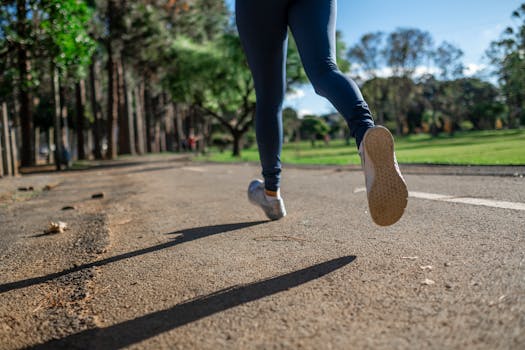
Introduction
Running a race with no sleep might sound extreme, but sometimes circumstances or adventure events make it necessary. Whether you’re facing an overnight ultramarathon, a relay race, or simply can’t get quality sleep before your big day, it’s important to know what to expect and how to handle it.
How Sleep Deprivation Affects Performance
- Reduced Coordination: Your reaction time and motor skills will likely slow down, making the risk of tripping or injury higher.
- Lower Mental Sharpness: Decision-making becomes challenging. You may find it harder to keep pace, navigate, or respond to unexpected situations.
- Increased Perceived Effort: Without sleep, running will feel harder than usual, causing you to tire faster.
- Emotional Swings: Fatigue can bring irritability, low motivation, and mood swings during your race.
Physical and Mental Symptoms to Watch For
- Hallucinations: Especially in ultramarathons, extreme sleep deprivation can cause visual or auditory hallucinations.
- Microsleeps: Brief moments of sleep while running can happen, even with eyes open!
- Stomach Issues: Digestion is affected by fatigue, so GI distress may appear.
- Loss of Coordination: Watch for stumbling, missteps, or difficulty holding things.
Tips for Surviving a Race Without Sleep
- Fuel Well: Eat frequent, easily digestible snacks and stay hydrated throughout the race.
- Keep Moving: Stopping will make fatigue set in faster. Try to maintain steady movement, even if you slow your pace.
- Use Caffeine Wisely: If you tolerate caffeine, strategic doses can temporarily improve alertness, but avoid overuse.
- Have a Support Team: If possible, let someone know your status and check in for safety.
- Listen to Your Body: Dizziness, confusion, or chest pain are warning signs to consider stopping for safety.
Conclusion
Running a race with no sleep is a massive physical and mental challenge. While it can be managed with preparation and self-awareness, recognize your limits and put your health and safety first. If possible, plan for even the tiniest nap before your event to give yourself the best chance at success both on the course and after the finish line.
Comments
Post a Comment